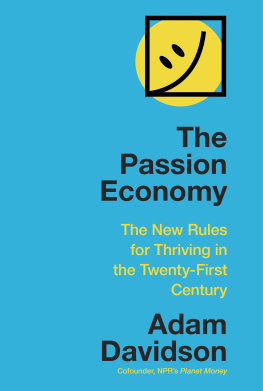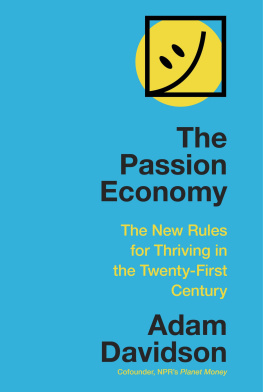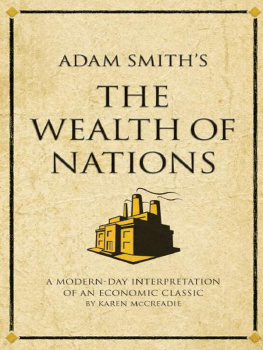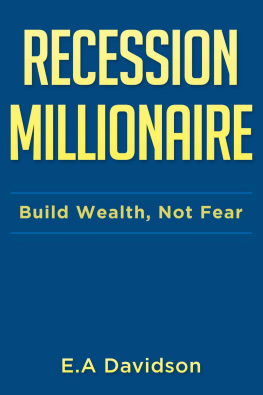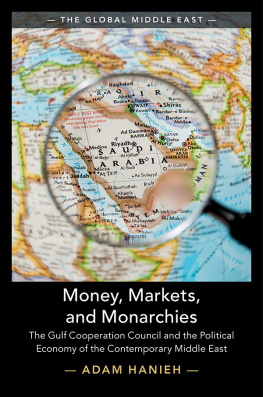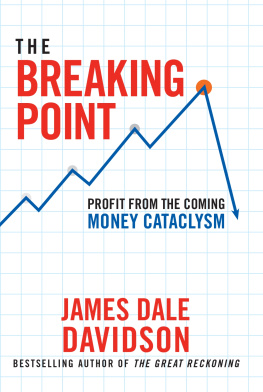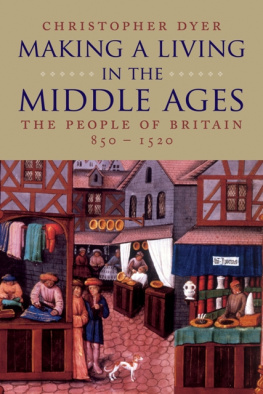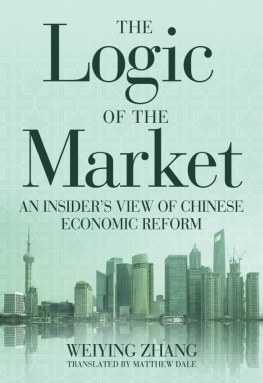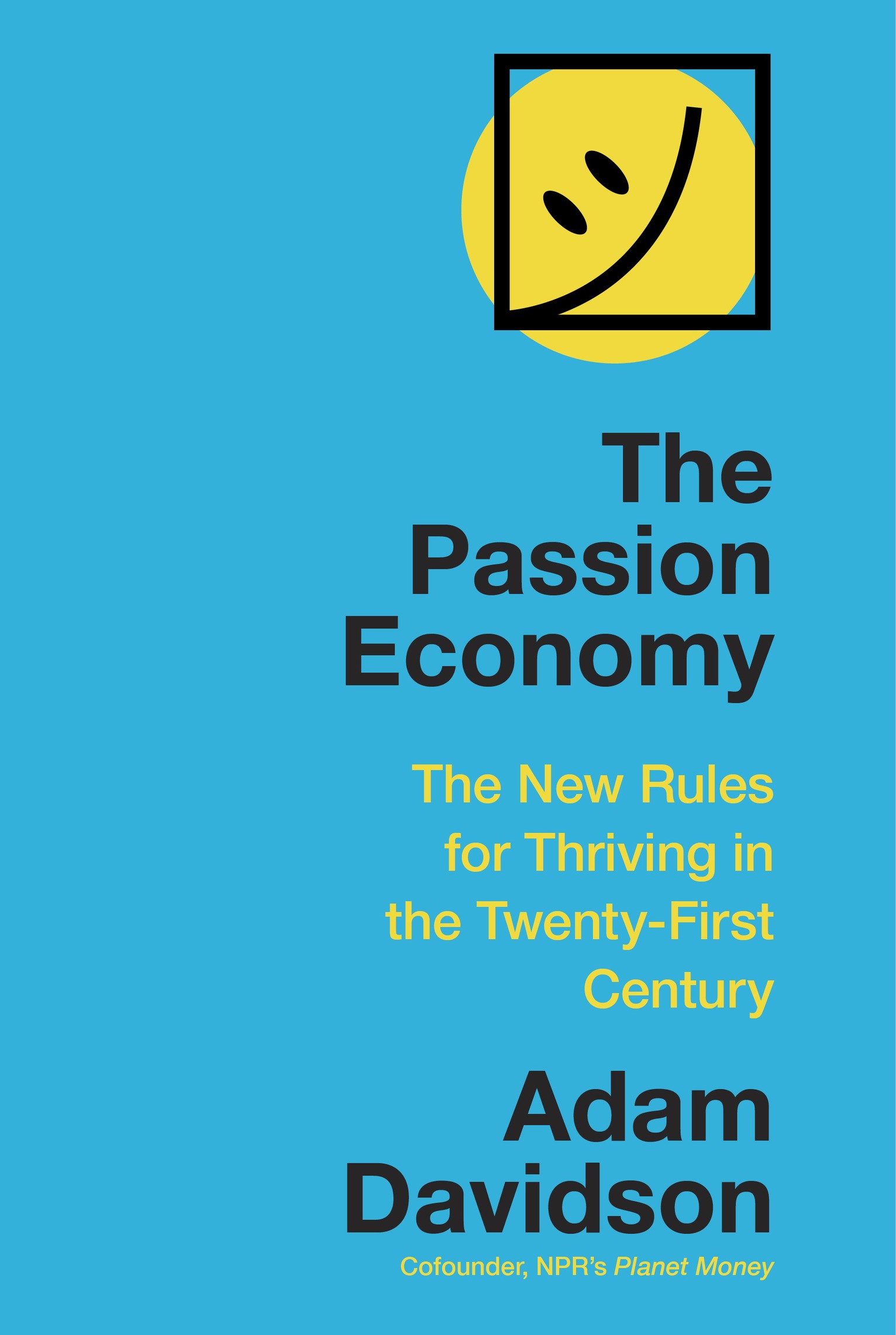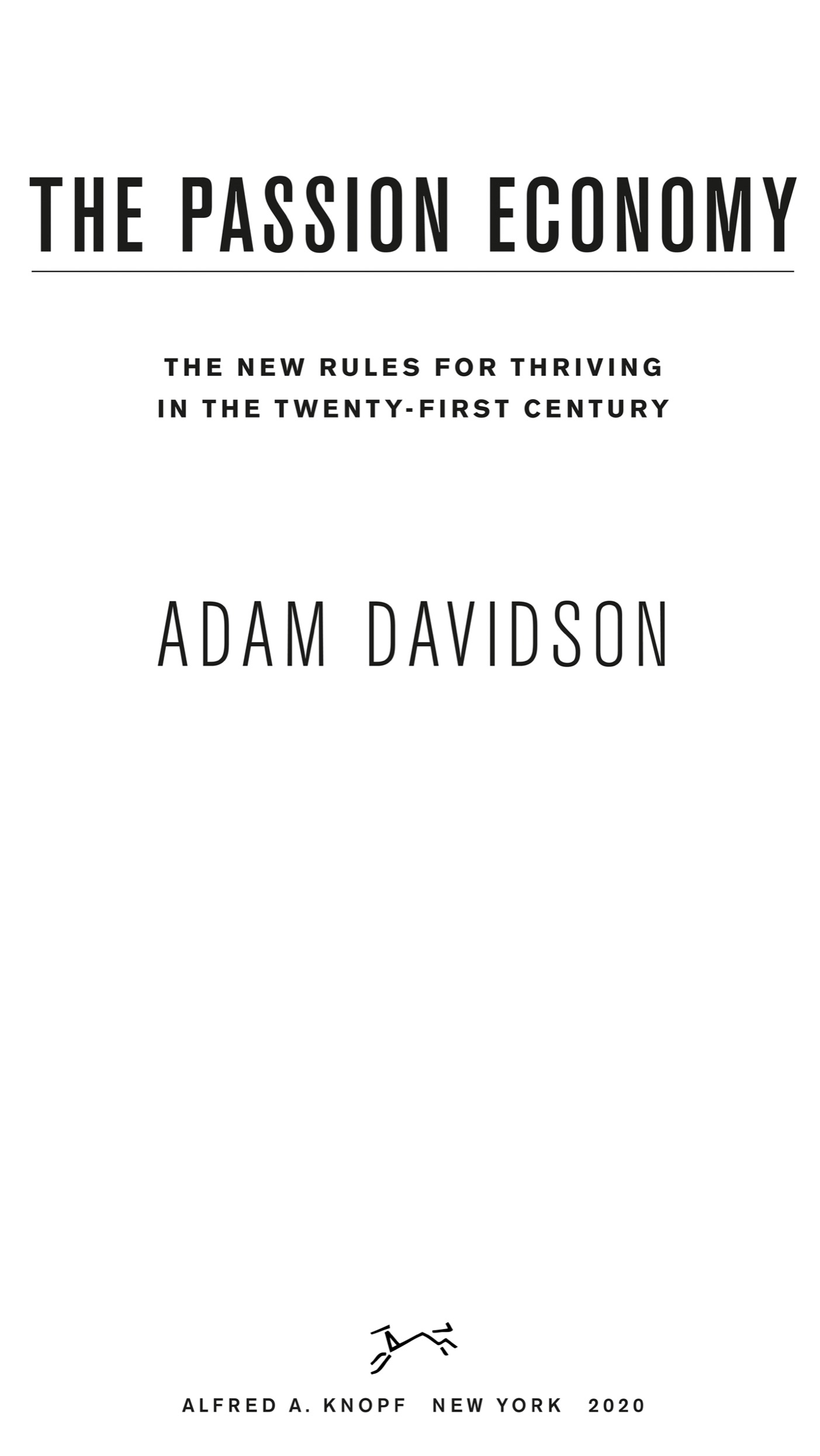THIS IS A BORZOI BOOK PUBLISHED BY ALFRED A . KNOPF
All rights reserved.
Published in the United States by Alfred A. Knopf, a division of Penguin Random House LLC, New York, and distributed in Canada by Penguin Random House Canada Limited, Toronto.
Knopf, Borzoi Books, and the colophon are registered trademarks of Penguin Random House LLC.
Names: Davidson, Adam, author.
Title: The passion economy : the new rules for thriving in the twenty-first century / Adam Davidson.
Description: First edition. | New York : Alfred A. Knopf, 2020. | Includes index. | Identifiers: LCCN 2019022771 (print) | LCCN 2019022772 (ebook) | ISBN 9780385353526 (hardcover) | ISBN 9780385353533 (ebook)
Subjects: LCSH : Economic history21st century. | BusinesspeopleCase studies. | Economic forecasting.
Classification: LCC HC 59.3 . D 38 2020 (print) | LCC HC 59.3 (ebook) | DDC 330.9dc23
Always remember that you are absolutely unique. Just like everyone else.
You must learn from the mistakes of othersyou will never live long enough to make them all yourself.
PREFACE
When I think about the change in the economy, the change that has shifted the United States and most of the rest of the world from one sort of economic system to an entirely different one, I think about my dad and my grandfather and how hard it was for them to understand each other.
My fathers father, Stanley, was born in 1917 and died a century later, still a tall, proud man with a thick head of hair that was naturally black until his last decade. Stanley looked to me like Superman: strong chin, chest pushed forward, posture erect. He didnt have time for frivolity. He was a serious man who did serious work. With his young grandchildren, he had a routine: a firm handshake followed by a gift of a twenty-dollar bill and some vague homily about doing good work, after which we were dismissed. I cannot remember ever speaking to him when I was young; I only recall smiling, shaking hands, and rushing off. When I became an adult and, to his surprise and mine, a reporter covering economics, I was able to talk with him about the one topic he truly loved: business.
My dad (also named Stanley, though he has always gone by his middle name, Jack) could not be more different. He is an actor who, for as long as I can remember, has told me that the most wonderful part of his profession is that you remain childlike your entire life. As I write this, my dad is eighty-three and has maintained an imaginative, exuberant view of the world. He is riveted by children and loves to hear every word my young son says, after which he calls out, Did you hear that? He made up an amazing story! My dad has always been fascinated by pretty much everythingscience, the news, art, history, sports. There is only one subject he has always found unbearably boring, perhaps a bit evil, and entirely unworthy of discussion: business.
In a sense, this book is a reconciliation of the conflict between these two Stanleys, these two men who lived in the same country at the same time but might as well have been on entirely different planets. For most of the twentieth century, the overwhelming majority of men and women were forced to make a choice when it came to work: follow the money or follow their passion; become like my grandfather or become like my dad. But now, more than ever before, business and art, profit and passion, are linked. They have come together in a way that would have made no sense to either of the Stanleys in the past.
To illuminate the transition I describe and celebrate in this book, let me tell you more about my grandfather, since he is a pretty representative stand-in for the entire twentieth-century economy. Stanley Jacob Davidson, Sr., was born in New England to young parents who were cut off from their own families. His father was a Jewish immigrant whose parents had disowned himeven practiced mourning rituals as if he had diedwhen he impregnated and then married a Christian dance-hall girl. The dance-hall girl was, herself, alienated from her familya rough clan barely eking out a living in a remote corner of Maine. The new broke and broken family in Worcester, Massachusetts, faced unending crises, culminating in Stanleys fathers death of tuberculosis when my grandfather was only five. His mother, overwhelmed, put Stanley and his brother in an orphanage for much of a year before taking them out again with the provision that, even as grade schoolers, they would need to work and bring money to the family. Decades later, Stanley was still prouder of his childhood business (he bought hens, built an incubator, and sold eggs to neighbors) than of anything else he would go on to accomplish in his life.
Before he was twenty, while the Great Depression was ravaging the countrys economy, Stanley was married with a young son (my dad), soon to be followed by three more children. He was lucky to get a factory job that paid sixteen dollars a week. The factory made external grinders: large machines that spin two parallel cylinders of metal, coated with an abrasive, sandpaper-like surface. The cylinders could grind a metal cube into a perfectly smooth sphere in seconds. This is how ball bearings are made. It was brutal, dangerous work. This was the era of big men in blue overalls working in hot factories dodging sparks, their bodies covered in a mix of sweat and grease. For those who worked alongside Stanley, the tiny particles of metal dust made coughing and sneezing a sharp, painful, often bloody agony.
But overall, the ball bearing business was good for Stanley, especially with the start of World War II. You cant fight a war without ball bearings, Stanley used to say. And its true. Every moving piece on every war machinethe tires, the guns, the gun turrets, the tank treads, the tank riflesmoves because it has ball bearings at its joints. Stanley worked two shifts a day, often six days a week.
The postwar economic boom was even better for the ball bearing business and for Stanley. America had a lot of building to dothe interstate highway system; suburbs filled with houses, roads, and sewers; cities that grew much bigger; factories getting larger and more efficientand every bit of building required ball bearings. They were in the wheels and gears of tractors and cranes and the machinery inside the factories and in the elevators and escalators in those tall buildings.
Stanley worked hard and was promoted, again and again, and eventually ran the factory. He was smart and good at strategic thinking. But his core management ability was that he was tough. He saw a factory floor as a machine and each man (it was almost entirely men) as a cog in that machinery. They could be annoying cogs, always complaining about this or that, but a strong manager knew how to shut their complaining down and get them back to work.
Did Stanley love ball bearings? Did he have a particular passion about them? No, he most certainly did not. He got the job because his father-in-law knew a guy, and he stayed in the job because thats what you did when you had a job: you stayed and tried to get promoted. He retired after fifty-four years, having worked at the same company his entire adult life.

